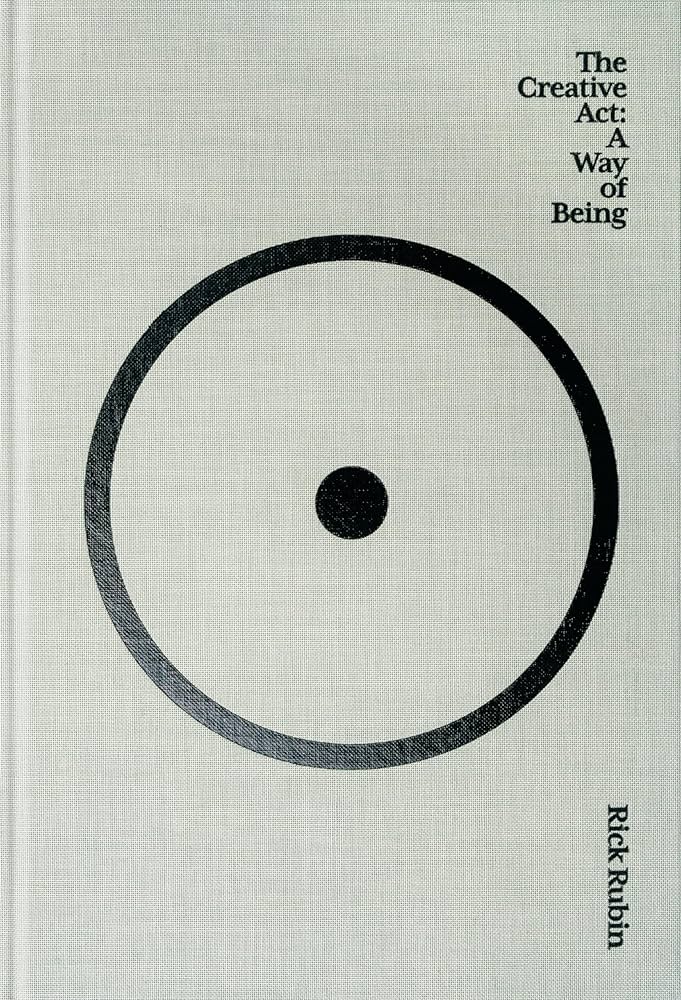Clean Slate
byIn the chapter Clean Slate, the author explores the importance of detachment in the creative process, emphasizing how difficult it can be for artists to maintain an objective perspective on their work after prolonged immersion. Spending excessive time on a project can lead to creative blindness, where the artist becomes so accustomed to their work that they lose the ability to assess it clearly. This familiarity often breeds doubt, confusion, and an impaired sense of judgment, making it challenging to determine whether the piece is complete or in need of further refinement.
To counteract this creative fog, the chapter introduces the idea of “cleaning the slate,” a practice that encourages stepping away from a project to regain a fresh perspective. By temporarily disconnecting from their work, artists can return with a renewed sense of clarity, seeing it as though they were encountering it for the first time. Engaging in completely unrelated activities—whether it be exercising, traveling, or simply taking a break—allows the subconscious mind to reset, making it easier to identify both strengths and weaknesses in the work.
A compelling example of this technique is drawn from the world of music production, specifically during the mixing phase, where engineers adjust sound levels to achieve the best possible presentation. The author describes the standard practice of making a list of necessary adjustments—such as fine-tuning vocal prominence or enhancing instrumental balance—before playing the track again to implement the changes. While this method is effective, it often leads to a hyper-focused approach that may overlook broader nuances due to over-familiarity with the piece.
An alternative approach is presented, suggesting that instead of immediately acting on notes, the artist or engineer should step away from the project entirely and return later with a fresh mindset. By allowing time to pass, they can listen with renewed objectivity, potentially uncovering previously unnoticed details that could make or break the final composition. This method not only refines technical aspects but also preserves the emotional impact of the work, ensuring that decisions are made with a balanced, unbiased perspective.
The principle of “cleaning the slate” applies beyond music and into all forms of creative expression, from writing to painting to filmmaking. Writers, for example, often benefit from setting aside a draft for several days before revisiting it, enabling them to spot inconsistencies, redundancies, or awkward phrasing that might have been invisible during the initial drafting phase. Similarly, visual artists can gain new insights by stepping away from a piece and returning later to reassess composition, color balance, and overall harmony with fresh eyes.
This practice is not just about taking a break—it is about strategically using time and distance to enhance clarity and elevate the quality of creative work. When creators become too emotionally invested in a project, they may struggle to recognize when certain elements are not working or when the piece has reached its optimal form. By introducing intentional detachment, they grant themselves permission to evaluate their work without the influence of attachment, perfectionism, or fatigue.
The chapter emphasizes that allowing creative distance does not equate to abandoning a project but rather refining it through disciplined objectivity. Many of the world’s greatest works of art, literature, and music have benefited from periods of separation, where creators returned to their projects with revitalized energy and insight. By adopting this mindset, artists can cultivate a more dynamic and iterative creative process, free from the burden of over-analysis and self-doubt.
Ultimately, Clean Slate serves as a reminder that stepping away is not an act of avoidance but an essential tool for artistic growth. Creativity flourishes when given the space to breathe, and artists who embrace this philosophy find themselves better equipped to produce work that is both refined and resonant. Through the power of detachment and renewal, creators can ensure that their final product reflects the full depth of their vision, unclouded by the fatigue of prolonged exposure.


